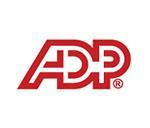
There’s always talk of leadership in the workplace as if it’s this mystical cure all that magically unifies your workforce. The truth is leadership requires a very specific skill, conflict resolution to be precise. Your effectiveness as a leader directly relates to your ability to identify, address, and resolve conflicts between the groups following your direction.
If you make it a point to avoid conflict, leadership isn’t for you. Now, I’m not saying seek it out, but the best leaders understand that discord is bound to occur, so they remain steadfast with their direction and guidance to see their teams through the inevitable rough patches.
It takes more than an ability to recognize conflict; the strongest workplace leaders understand the nature of disagreements. They need to know what causes conflict when it’s on the horizon, and the quickest, most effective way to resolve it. As a leader, it’s supremely important to be proactive, rather than reactive.
The leaders who specialize in crisis management routinely implement a line of thought that finds its birthplace in sports (even if they never knew it had a name). The concept is called KYP (Know Your Personnel), and it’s one of the most important practices a leader can employ, regardless of their industry. KYP is all about understanding the tendencies of your team, so you can better predict the way they will respond to certain stimuli.
As you look to implement this approach, keep the following in mind:
- Your team is not a single unit; it is the sum of several unique pieces (each individual teammate).
- There is no “one size fits all” method to leadership.
- What works for one employee might not work for another. People have different motivations, they respond to pressure and stress differently.
So what does KYP have to do with conflict resolution? Everything. Arguments in the workplace stem from miscommunication in one form or another. Remember, your business is the culmination of multiple parts attempting to work in concert. Priorities and objectives are drastically different, depending on the person you ask and the department they work in.
As a leader, it’s your responsibility to understand what’s important to your employees both professionally and personally. This is where KYP comes in. If you understand what drives the members of your team and conversely what causes individuals to shut down, you can learn which strings to pull for optimum performance.
In the workplace, conflicts tend to linger if not addressed immediately. If emotions turn sour and resolutions aren’t reached they can drastically derail your team’s ability to work together.
Conflict resolution isn’t an abstract concept. Developing a solid resolution plan can definitely help your team members feel like even when tempers flare, the structure remains for them to fall back on.
Here are a few guidelines leaders can implement to help deal with conflict when it does rear its ugly head at work:
- Define Acceptable Behavior. Creating a framework for decision-making will help avoid conflicts. Clearly define job descriptions. When people know what their responsibilities are, expectations become more realistic.
- Address Conflicts Directly. Make note of potential conflict sources and proactively intervene in a balanced and consistent manner. Do not let negative feelings stemming from disagreements fester. As a leader, you’re responsible for people management (and sometimes that means ego massaging).
- Remember the Big Picture. How important is the current conflict to your overall business objective? Not every disagreement requires an executive mandate. You need to trust your team to handle the small stuff. Keep aware of the squabbles, but give them the freedom to sort things out until they escalate.
Conflicts happen, arguments arise, and tempers will flare at work. That being said, every clash can be viewed as a learning experience. The best leaders act swiftly, hear their teams out, know their personnel, and act as beacons of clarity when things get murky during discrepancies.
Have any questions on how Actsoft can help you?
Call (888) 732-6638 or Receive a Live Webinar

















 Encore & Geotab Drive
Encore & Geotab Drive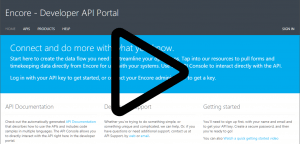
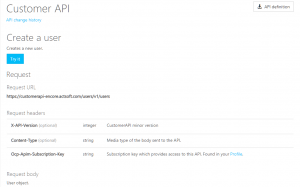
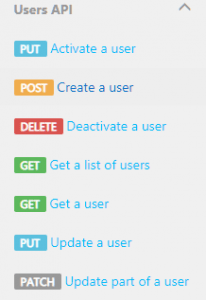
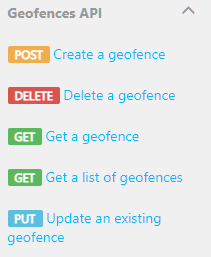


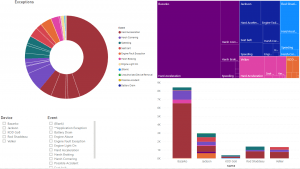


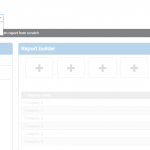
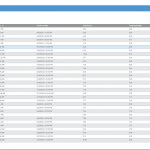
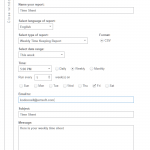




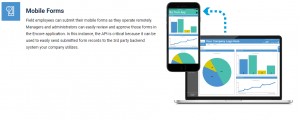
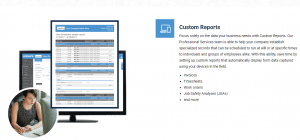

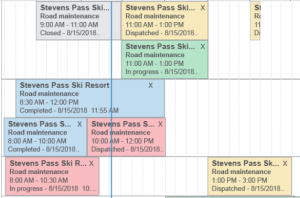
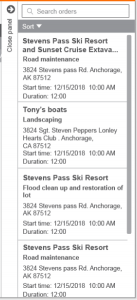
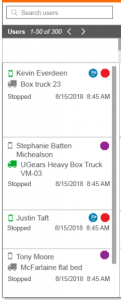
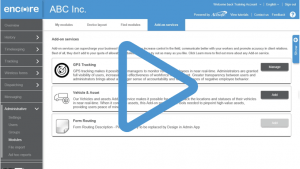
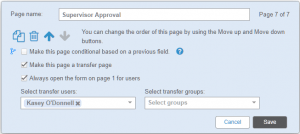
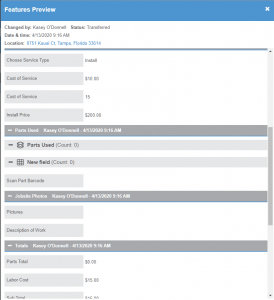
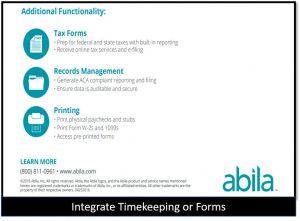
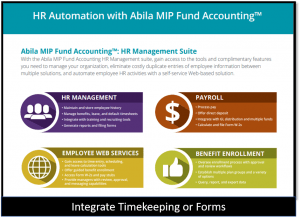

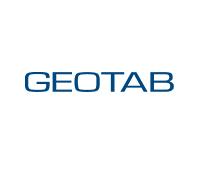 Gain even greater insight into the daily activities of your fleet using the combination of Geotab and Actsoft. Geotab devices provide detailed data collection and seamless integration with our solutions; learn more about the ways your vehicles are being used daily with the power of this tandem.
Gain even greater insight into the daily activities of your fleet using the combination of Geotab and Actsoft. Geotab devices provide detailed data collection and seamless integration with our solutions; learn more about the ways your vehicles are being used daily with the power of this tandem.



 Actsoft partnered with Odin to provide our solutions overseas, through payment processing integrations. Odin helps us support user management for our software; customers can also purchase our products through Odin’s billing platform.
Actsoft partnered with Odin to provide our solutions overseas, through payment processing integrations. Odin helps us support user management for our software; customers can also purchase our products through Odin’s billing platform.

 VisTracks powers our Electronic Logging Device (ELD) solution, which enables transportation businesses to easily automate their hours of service logs, remain in governmental compliance, and reduce their potential to incur costly fines.
VisTracks powers our Electronic Logging Device (ELD) solution, which enables transportation businesses to easily automate their hours of service logs, remain in governmental compliance, and reduce their potential to incur costly fines. Integration between Actsoft solutions and BeWhere’s software products is available. Take your team’s asset tracking, cellular data connectivity, and field insight a step further with effective, cross-application compatibility.
Integration between Actsoft solutions and BeWhere’s software products is available. Take your team’s asset tracking, cellular data connectivity, and field insight a step further with effective, cross-application compatibility.
 CalAmp tracking devices for vehicles and assets alike are compatible with Actsoft solutions, making it easy for you to efficiently monitor your equipment and fleet cars. Help your team enhance accountability, safety, and savings through a combination of easily installed hardware and intuitive software.
CalAmp tracking devices for vehicles and assets alike are compatible with Actsoft solutions, making it easy for you to efficiently monitor your equipment and fleet cars. Help your team enhance accountability, safety, and savings through a combination of easily installed hardware and intuitive software.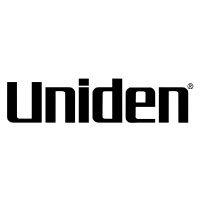 Our partnership with Uniden is ideal for companies looking to gain advanced diagnostics on their fleets. Uniden’s extensive product listing of car electronics like radios, dash cams, radar detectors, and in-vehicle communicators work in concert with Actsoft’s solutions to better connect your vehicles to the company headquarters.
Our partnership with Uniden is ideal for companies looking to gain advanced diagnostics on their fleets. Uniden’s extensive product listing of car electronics like radios, dash cams, radar detectors, and in-vehicle communicators work in concert with Actsoft’s solutions to better connect your vehicles to the company headquarters.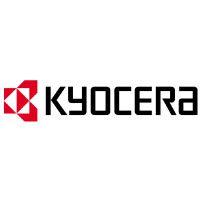 Kyocera offers a wide range of mobile devices, ranging in design from traditional phones to ultra-durable handset technology. Actsoft is able to equip organizations in a variety of different industries with solutions for improved business, while Kyocera supplies the technology they can flawlessly operate on.
Kyocera offers a wide range of mobile devices, ranging in design from traditional phones to ultra-durable handset technology. Actsoft is able to equip organizations in a variety of different industries with solutions for improved business, while Kyocera supplies the technology they can flawlessly operate on.

 Our software is the perfect complement to Apple’s user-friendly technology. Equip your workforce with the devices and solutions it needs for optimized productivity during daily operations with Apple and Actsoft.
Our software is the perfect complement to Apple’s user-friendly technology. Equip your workforce with the devices and solutions it needs for optimized productivity during daily operations with Apple and Actsoft.
 Actsoft and Sanyo teamed up to merge intuitive business management software with the technology of today. This partnership allows us to provide you with all the tools your team needs for improved workflows, better coordination, and optimized productivity.
Actsoft and Sanyo teamed up to merge intuitive business management software with the technology of today. This partnership allows us to provide you with all the tools your team needs for improved workflows, better coordination, and optimized productivity. Motorola’s mobile technology works in tandem with our solutions to provide extra versatility to your business practices. Coupled with our software’s features, Motorola’s reliable devices make connecting your workforce simpler than ever to do.
Motorola’s mobile technology works in tandem with our solutions to provide extra versatility to your business practices. Coupled with our software’s features, Motorola’s reliable devices make connecting your workforce simpler than ever to do. We’re able to bundle certain solutions of ours (including our Electronic Visit Verification options) with Samsung devices to help your team achieve as much functionality as possible, while keeping rates affordable. Use these combinations for accurate recordkeeping, improved communication, and smarter data collection in the field.
We’re able to bundle certain solutions of ours (including our Electronic Visit Verification options) with Samsung devices to help your team achieve as much functionality as possible, while keeping rates affordable. Use these combinations for accurate recordkeeping, improved communication, and smarter data collection in the field.